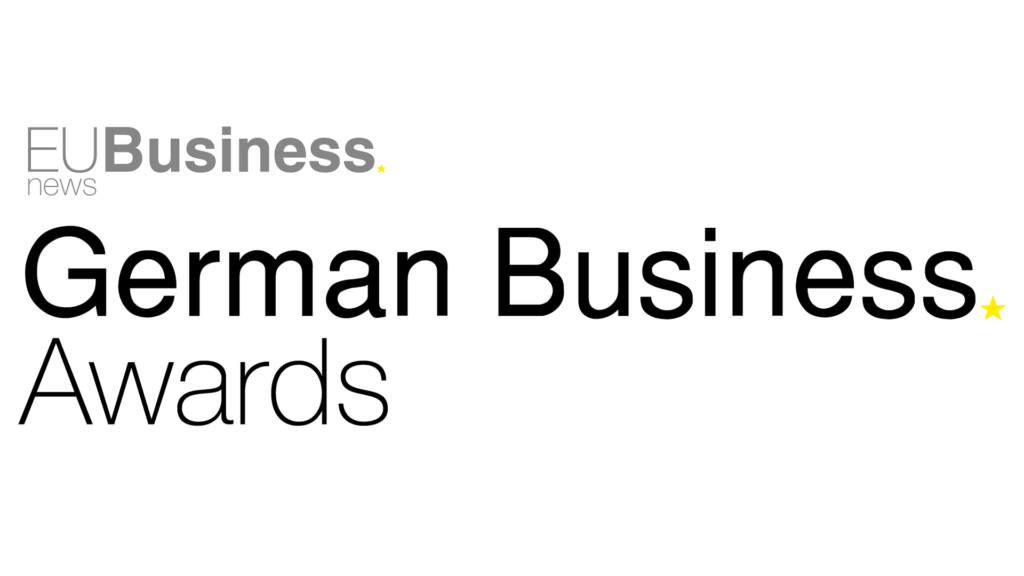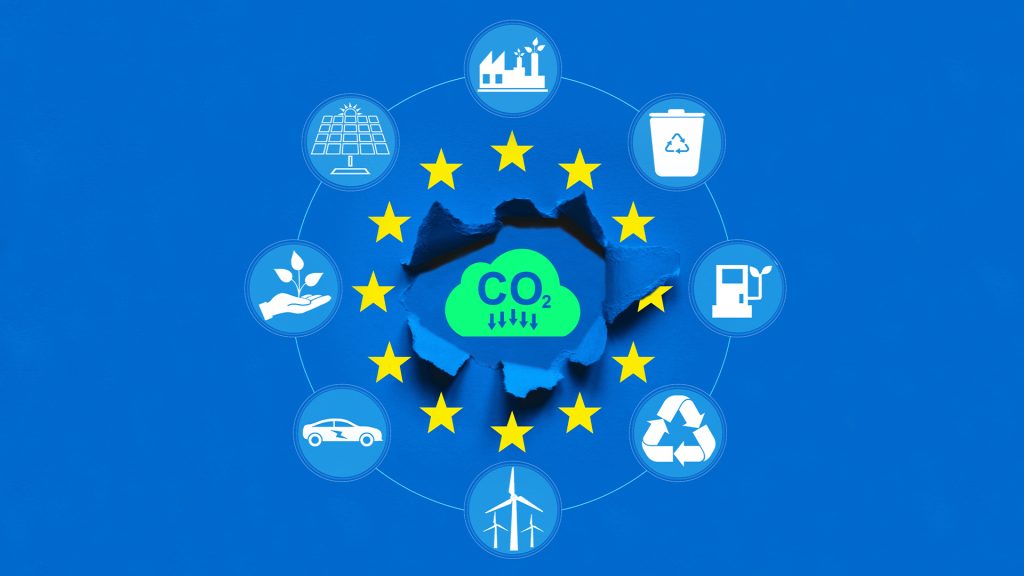The European Union is easily the richest economic region on earth. With a gross domestic product (GDP) of $15 trillion, it offers unparalleled export opportunities. This region of 447 million inhabitants, and 22.6 million small and medium seized enterprises (SMEs), has punched above its weight for centuries. Today, it accounts for 16% of both the world’s imports and exports. The European Union is made up of 28 members, but it operates as a “single market”, the European Economic Area (EEA), with the four countries that make up the European Free Trade Association (EFTA): Norway, Switzerland, Iceland and Liechtenstei. What this means is that once your product enters the single market, it has access to all the countries of the EEA, as if it were one big country. Because it’s such a rich prize, exporters need to go into the market prepared to face the most competitive export market on earth.
Is there a market for your products?
The most important question you have to answer is if there is a market for your products? According to Trading Economics, Europe’s biggest imports are electrical, & electronic equipment (15%); mineral fuels, oils, distillation products (13%) and machinery, nuclear reactors & boilers (12%). Of course, these are broad categories, but they show that Europe’s imports tilt toward technology, basic materials and energy. You have to ensure that your product has enough demand from the Union to sustain your business and that it meets the needs of current European trends. You can do this by looking through statistical databases, and even Google trends.
Ensure You Will Have Market Access
Access to the European Union’s market is dependent on agreements signed between your government and the region, and your adherence to various regulations and directives regarding tarifs, rules of origin, taxes and additional duties, import procedures and formalities, product requirements, and trade barriers.
Although in principle, all countries within the European Unioon have the same market access rules, there are some exceptions stipulated with the European Commission’s Regulations and Directives.
For example, an exporter of kitchen cabinet refinishing and other consumer goods, must adhere to the framework legislation is the General Product Safety Directive. There are sepcific directives around banned or restricted substances, chemicals and contaminants; labelling of products as meeting safety, health and environmentaly friendly; and regarding specific products.
You Need a European Union Export Marketing Strategy
You have to develop an export marketing strategy as part of your export marketing plan. The plan consists of elements such as market analysis, product analysis, competition analysis, the marketing strategy, and implementation. Not only should you understand your market, you have to have the right marketing mix. In other words, you have to have to put the right product, in the right place, at the right price, with the right promotion.
The European Union has a number of regulations that exporters must be aware of. For instance, if you are exporting food to the region, your promotions must respect Directive 2000/13/EC of the European Parliament and of the Council on the labelling, presentation and advertising of foodstuffs. There are a number of directives for each sector of the economy and you have to find the ones relative to your export market.


























